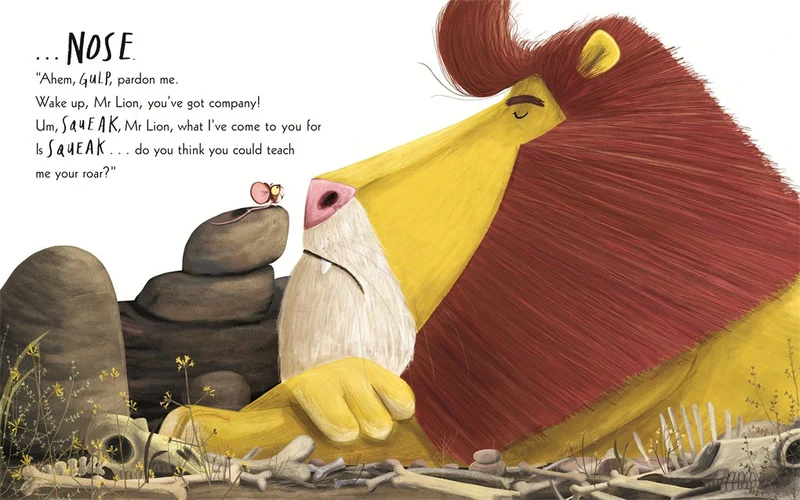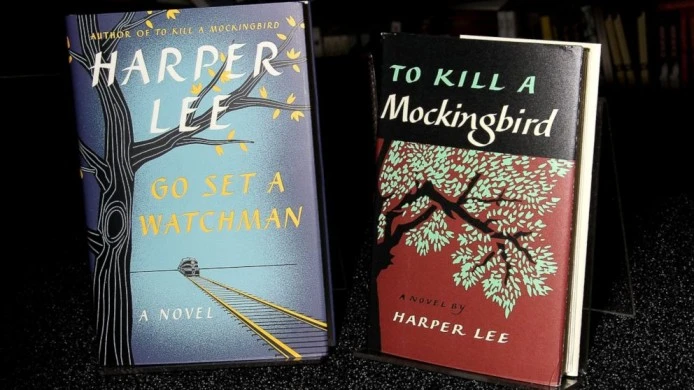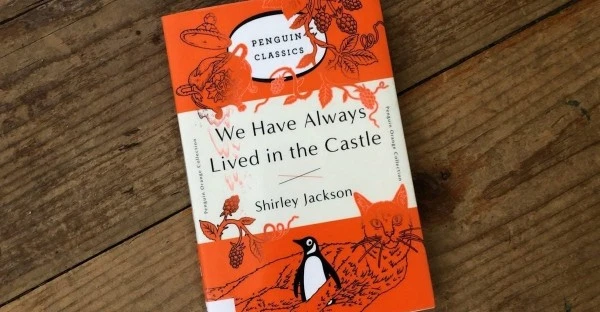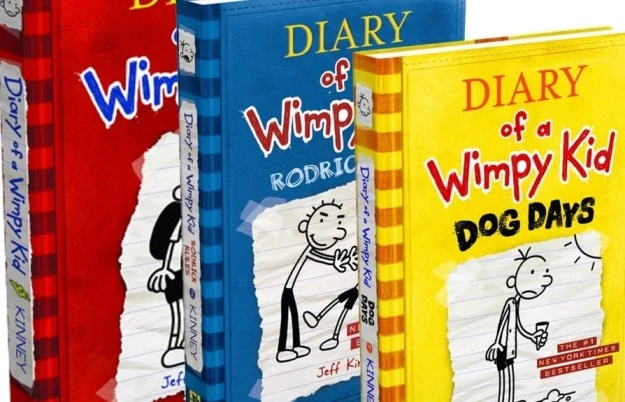True Crime Favorites From New York Times Critics and Staff

In what might be considered a golden age of content, the true crime genre stands out as one that is consistently captivating audiences in every dark corner of the cultural landscape.
A harrowing, vivid story like “Dirty John,” can go from the pages of a newspaper, to a podcast, to a scripted dramatic TV series. It seems like there is a new look at the Ted Bundy story every six months. And dozens of podcasts, with names like “Serial,” “Crime Junkie” and “True Crime Garage” pepper the top-rated lists.
With so much to choose from, we asked critics, editors and audio producers at The New York Times to give their all-time favorites.
Jennifer Szalai, book critic
When somebody first recommended “The Adversary” to me, I recoiled. The story of how a French doctor named Jean-Claude Romand murdered his wife, their two young children and his parents sounded like something I never wanted to hear of, much less consider at length. But like all of Emmanuel Carrère’s books, this one loops in on itself and is fueled by a relentless self-awareness. He illuminates his awful subject matter with a kind of stunned lucidity, peeling back layer upon layer of Romand’s deceptions without trying to make him sound more intriguing or less self-pitying than he is. Writing a book like this is like navigating a thicket made entirely of trip wires, but whenever you fear that Carrère might get voyeuristic, or indulgent, or pretentious or maudlin, he surprises you.
James Poniewozik, chief television critic
I like true crime documentaries best when they’re about more than the crimes, and boy, was that true of the six-hour Netflix series “Wild Wild Country.” Yes, the story of the clash between the followers of Bhagwan Shree Rajneesh and the locals of the rural Oregon area where the Rajneeshees built a settlement had guns, poison and attempted assassination. But it was also a remarkable character study of a culture clash between insiders and outsiders, and between very different conceptions of community and liberty.
Parul Sehgal, book critic
One of the books I most admire in the genre is Robert Kolker’s “Lost Girls” (the basis for the new movie starring Amy Ryan). It’s a case that has baffled investigators for almost a decade: the discovery of the bodies of five slain women in a secluded oceanfront community in Long Island. All of them were sex workers, and many of their disappearances had been treated cavalierly by police. Kolker recreates the lives of these women, and their families — in all their richness and struggle — with meticulous research, sensitivity and deep humanity.
Hans Buetow, senior producer, Audio
When I was growing up in Minnesota in the 1980s and 90s, a boy close to my age named Jacob Wetterling went missing in a nearby town. That story became major national news that changed the conversation on “stranger danger.”
It’s a pretty sensational and titillating story, so when the podcast “In the Dark” started to cover it, there was the strong chance that the show would do what others did: dramatize the worst moments of these people’s life for entertainment. But then I listened to it, and I immediately realized that, instead of voyeurism, this team of amazing reporters was asking important questions of the people in power, and helping us understand the systems that keep those people from accountability.
While a lot of true crime focuses on the tragedy and victimhood, “In the Dark” punches up. In the first season, it questions why sheriffs have little accountability, and how to understand a clearance rate and good police work. In the second, the team did staggering reporting over nearly a year and asked important questions about the authority and bias of a district attorney. That reporting led to a decision by the United States Supreme Court, and changed a community.
Tina Jordan, deputy editor, Book Review
I love a book called “People Who Eat Darkness: The True Story of a Young Woman Who Vanished from the Streets of Tokyo — and the Evil That Swallowed Her Up,” by Richard Lloyd Parry, a foreign correspondent who lived in Japan for many years. His examination of the disappearance and murder of a young English woman — a British Airways flight attendant-turned-hostess — is a deep, detailed dive into Japanese culture as well as an absolutely harrowing true crime story.
A.O. Scott, critic at large
The 1970s might be the golden age of Hollywood true crime movies, and it’s hard to pick just one. Or maybe it’s easy, since one of the decade’s best movies deals with what might be its most consequential crime: the Watergate break-in. So even though some pedants might argue that it’s really a newspaper picture, I’ll insist on “All the President’s Men.”
Dwight Garner, book critic
With “The Executioner’s Song,” Norman Mailer seemed to cram all of America into this sprawling book about the life and death of the murderer Gary Gilmore. He became internationally famous after he demanded that the state of Utah, where he killed two people, put him to death. The book, which won a Pulitzer Prize, is awesome in its sweep, power and (for Mailer) plain-spoken humanity.
Phoebe Lett, audio producer, Opinion
I tend to say I’m “allergic” to true crime podcasts — despite their ubiquity and my love of the medium — because they so often center on violence against women. And while I can proudly rattle off a laundry list of true crime podcasts that have nothing to do with murder (“Drilled,” “Odd Ball” and “The Dropout” are at top of mind), I find it telling that the only true crime podcast I recommend without caveat to all listeners is “Bear Brook” from New Hampshire Public Radio. Yes, the subject is lethal violence against women. Yet this locally made show unfolds in a tender way that doesn’t come across as objectifying, and manages to build the twists and turns in a way that doesn’t feel exploitative. I usually fatigue of true crime podcasts after two episodes, but I couldn’t turn this one off until I had binged it all.




